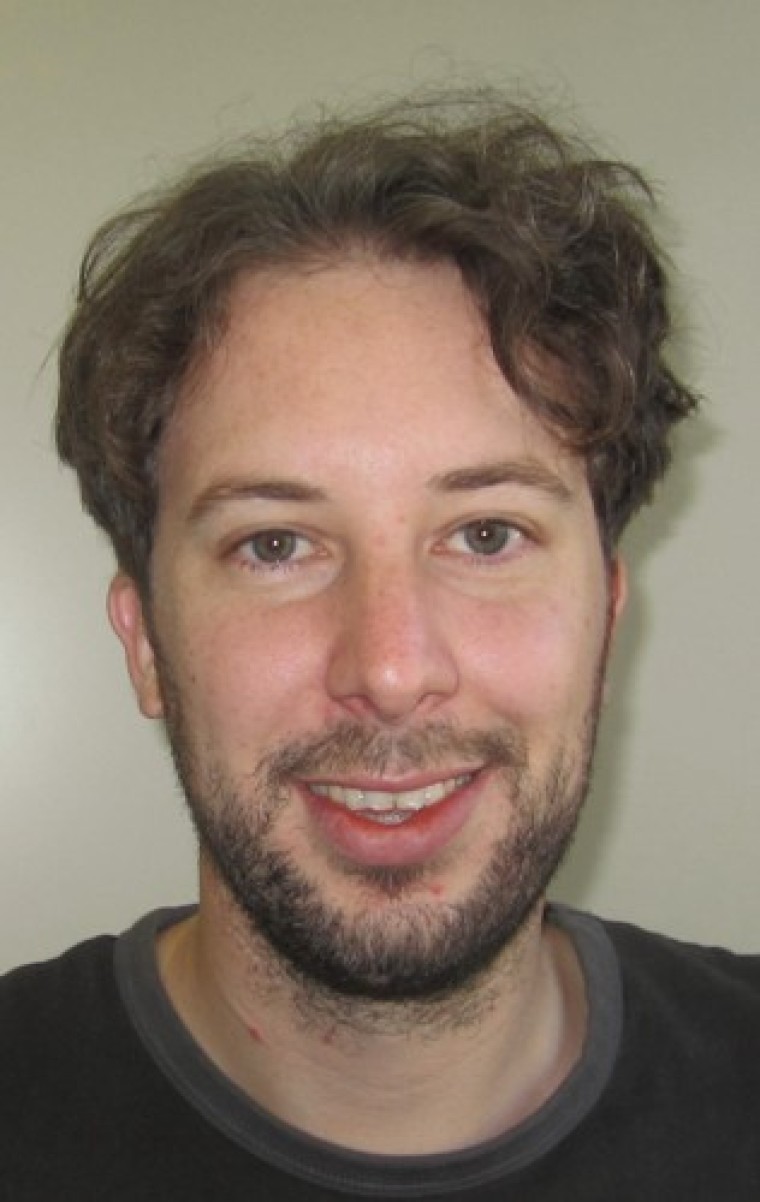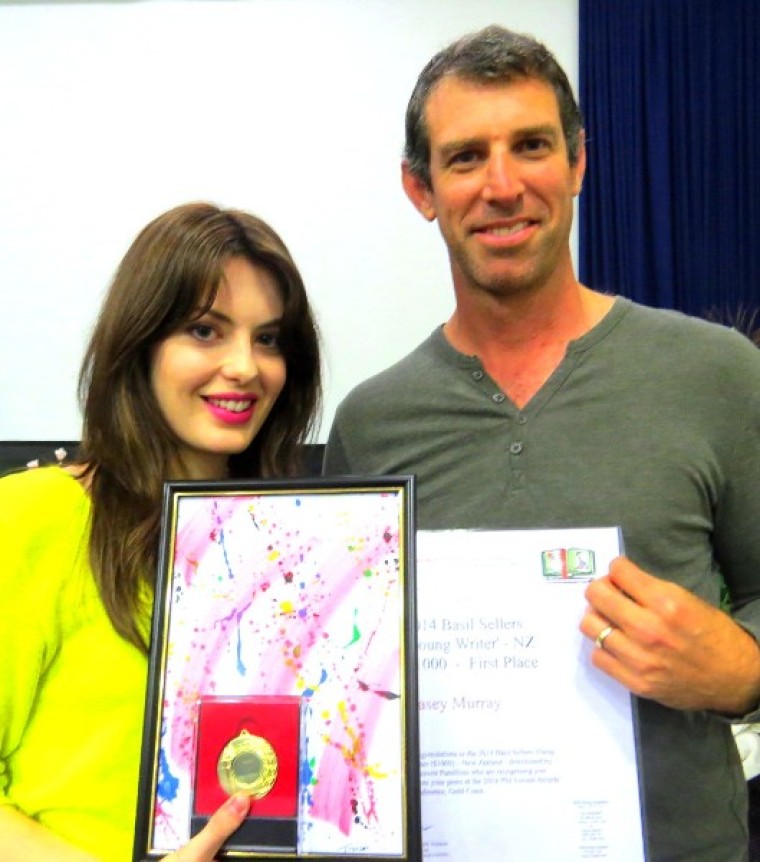

Just the other day I visited my family and my father on father's day, and ended up along the way watching the biographical film 'Gandhi', made in 1982 and directed by Richard Attenborough. The entire thing runs for over two hours and attempts to represent as closely as possible the life of Mahatma Gandhi, the leader of the Indian independence movement and advocate of non violent civil disobedience.
There is one quote that appears in the movie and later is repeated before the credits roll. It goes as follows:
"Whenever I despair, I remember that the way of truth and love has always won. There may be tyrants and murderers, and for a time, they may seem invincible, but in the end, they always fail. Think of it: always."
This quote epitomises the way in which Gandhi put idealism and hope in the good of human nature above the critical in his attempt to unite a people and achieve something in a phenomenal way that revealed injustice and worked through non violent methods.
This quote caused me to think further about Christianity and the way in which we approach human nature and strive to change culture. How does this reconcile with the idea of human sinfulness? Some would have us believe that since we are fallen we will never take right actions without Christ transforming us from the inside out. Yet clearly Gandhi was able to work out some of the ideals of Jesus without being a professed Christian. And he was able to inspire those around him and appeal to their better nature.
There is this populist Calvinist idea in common belief, which even I have bought into before, that human beings are totally depraved in relation to God who is Holy. This idea can sometimes lead to the belief, or have you believe, that any attempt to spur culture in a positive direction is an exercise in futility. This sort of nihilistic view is hardly constructive to enabling positive changes in society.
Additionally it is manifestly obvious that there are many parts and attributes of non Christians in the general culture that are positive attributes. I must know a lot of nice people, because sometimes there is little difference between the nice people I associate with outside of church and those I associate with inside church.
In the sense that many of my non Christian friends are loving, caring, moral people. This doesn't mean that I don't think they need Jesus. I believe we all do. But just to say that these are common allies in affecting positive changes in society. For instance helping the poor, taking care of the environment, self determination etc
Theology of persons
Once we begin to take a more balanced Theology of persons, that we flawed sinful beings are yet also capable of great good as well as evil, and that human beings want to tend towards the good, the just, the moral, the true.
Then we can begin to appeal to the good God has placed in us if we want to affect social change, rather than believing it is only possible to get some positive result in heaven, not on earth. As many of us do.
Without idealism and hope we will never get so far. Gandhi would never have gone as far as he did if he believed oppression was the status quo because God accepts a flawed system as just so. Wherever evil and injustice exists God calls us to challenge it and change it, not to sit back. The changing and challenging of society did not end with Jesus. In continues on in us.
The tyrants and murderers only exist for a time even in this life, and even in this life God wants us to change things and take back control. We are not called to shrink into the shadows and wait for the second coming; we are called to enact justice and compassion in this life now.
William Wilberforce, John Newton and other Christians actively campaigned to overthrow the slave trade. Martin Luther King Jr campaigned for African-American civil rights. Dietrich Bonhoeffer and Sophie Scholl stood against the Nazi regime.
They all stood for something in society and changed it for the better. We are called to do so too.
Peter Rope is a Financial Economics and Theology graduate from Auckland.
Peter Rope's previous articles may be viewed at www.pressserviceinternational.org/peter-rope.html